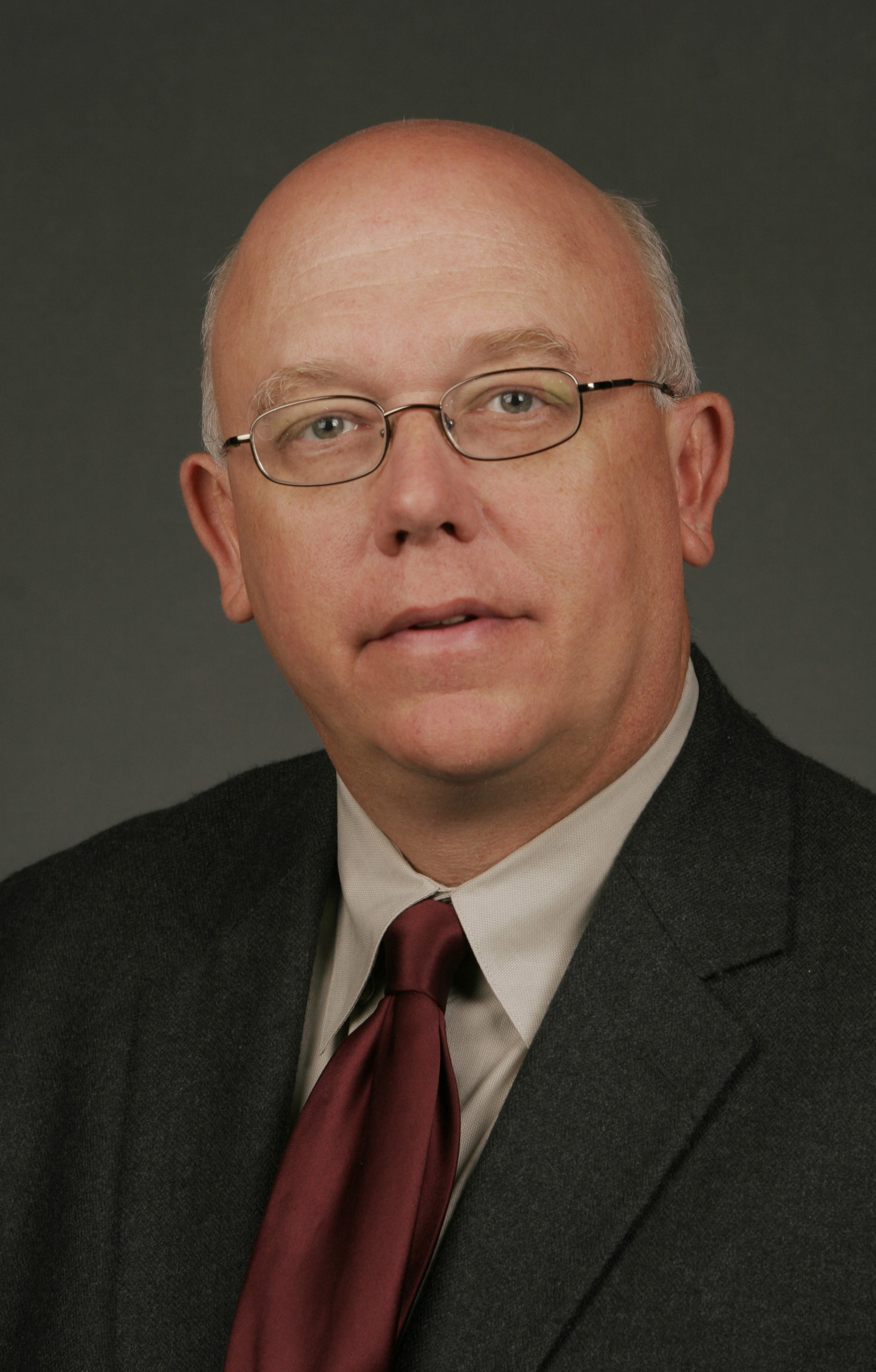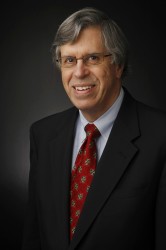
Since Tennessee voters still don’t know much about the three GOP gubernatorial candidates, the contest remains exceptionally fluid, according to political scientist John Geer. “None of the candidates is a household name across the state,” Geer said. “Voter preferences are fluid. One mistake or new claim by a candidate that resonates with voters could shake up the race.” Primaries tend to be more fluid than general elections and it’s especially true with three serious contenders who had no statewide name recognition prior to this campaign. With such a fluid situation, Geer noted that going negative in a three-way race remains quite risky, especially for the underdog. Voter support might shift away from the frontrunner to the candidate not involved in the negative attack. “Perhaps that is why we still have not seen Zach Wamp or Ron Ramsey run negative ads against perceived frontrunner Bill Haslam,” he said. “But as the race draws to a close, the candidate who trails will probably have little choice but to attack. It is critical they try something to shake up the race. In other words, we can expect attacks to start arising with more frequency as July comes to a close.” Geer’s areas of expertise include elections, campaigns, negative ads, party politics and public opinion. The Distinguished Professor of Political Science can be reached at john.g.geer@vanderbilt.edu.

Polling numbers in the GOP gubernatorial primary could be less reliable than usual for a couple of reasons, says political scientist Bruce Oppenheimer. “Without a party anchor, as in a general election, voters are more moveable from one candidate to another,” he said. “Also, support for primary candidates tends to be more volatile since there are several candidates running with the same party identification. Having said that, I think people assume that Haslam is leading.” Oppenheimer pointed out that the challenge for Ramsey and Wamp is gaining the voters’ perception as the true conservative alternative to Haslam, who has achieved significant backing among moderate Republican voters. Analysts will look to see if either Ramsey or Wamp can tap into the anti-Obama fervor among Tea Party supporters. “In addition, we will find out if Wamp and Ramsey have the money to compete with Haslam for media buys during the last month of the primary campaign,” he said. Oppenheimer’s areas of expertise include elections, Congress and legislative policy. The professor of political science can be reached at bruce.i.oppenheimer@vanderbilt.edu.